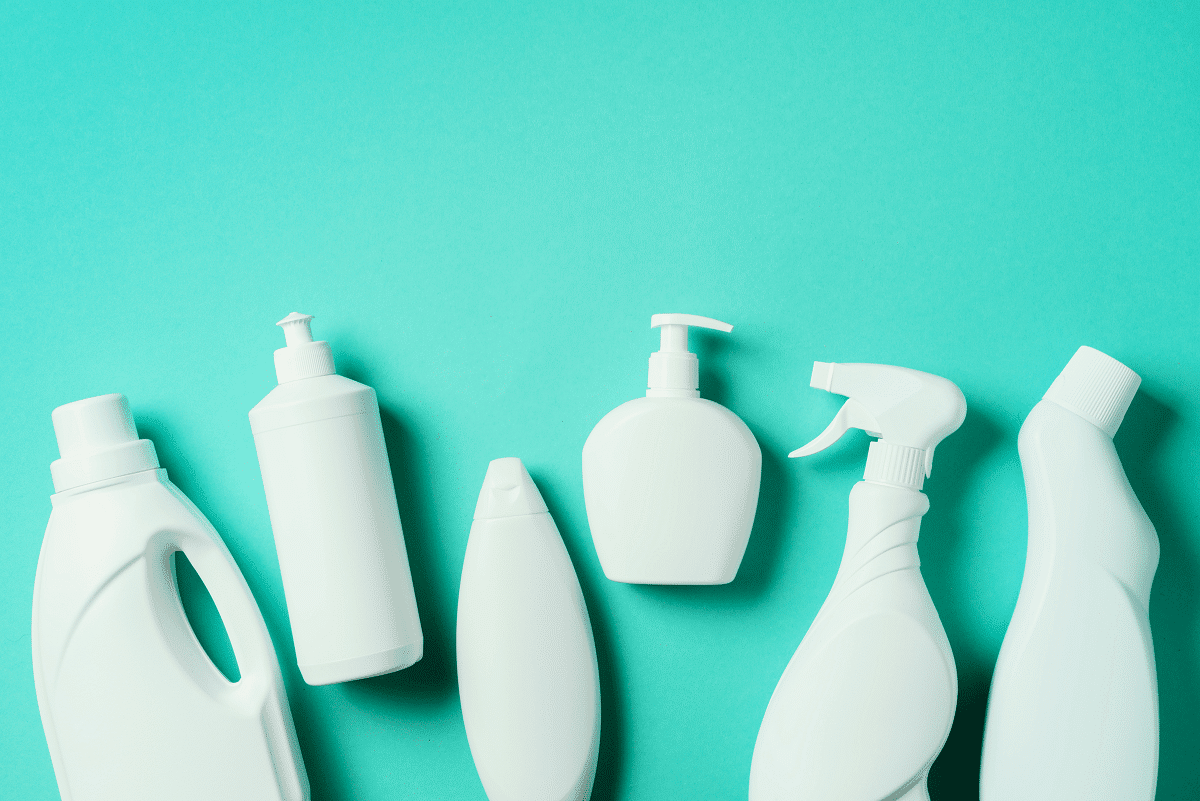“99.9% effective at killing illness-causing germs and bacteria”. But at what cost? Surely many of us have had this revolutionary slogan embedded into our subconscious-posted with its gimmicky font and bright red color- on every Lysol disinfectant spray can there is. Sadly due to the COVID-19 and coronavirus pandemic, and after the U.S Environmental Protection Agency approved two of the products effective in killing coronavirus, Lysol spray sales skyrocketed to an increase of 50 percent. The disinfectant spray usage had gotten so severe that it caused nationwide shortages, forcing stores to strictly ration the highly demanded product. Changes in the CDC COVID guidelines has everyone desperate to stay as germ-free as the trusty Lysol slogan promises.
Society’s feeble attempt to remain germ-free has resulted in the prolonged and excessive usage of aerosol disinfectants. CDC regulations state that aerosol products must be used with extreme caution because it can cause irritation to the skin ,eyes ,airways and create other health issues. Although the product has its proven benefits, it also has been proven to create potentially life threatening problems -, way more than what is promised on the label. We must make a collective effort to sustain a clean environment without being heavily dependent on chemicals.
In 1989 NASA discovered that houseplants can absorb toxins from the air. The easily recognized “spider plant” is able to absorb strong toxins like formaldehyde, all while being nontoxic to humans and pets. The beloved bamboo, while being a tasty treat to pandas, is able to add healthy moisture levels into the air .during the dry winter months. Alas, the highest-ranked Chrysanthemum is able to eliminate common toxins such as ammonia. These well-known plants are also non-toxic to humans and pets, and extremely low maintenance. Clean Plant Therapy is a natural, cost-effective, and therapeutic way to purify the air. Studies have shown that plants increase mood productivity, memory, and concentration, while also reducing stress and fatigue. No pollution, no heavy chemicals particles being inhaled, just clean and easy breathing.
Another alternative to reduce chemical usage includes assessing one’s cleaning routine and the products being used. Substituting synthetic chemical cleaners for ones with natural derivatives is very significant way to reduce waste, or a daily routine to improve cleanliness that reduces the need to use chemicals unnecessarily. There is a multitude of options to maintain a sanitized environment without breaking the bank or compromising our health by using harmful chemicals. Although Lysol is a trusted household staple, being 99.9% germ-free comes with too many negative aspects and the cost would be sacrificing health itself, which is too high a price to pay.
Learn more about Naomi here!
Works Cited
https://www.google.com/amp/s/www.cnbc.com/amp/2020/07/16/ceo-of-durex-condom-maker- intimate-occasions-down-during-pandemic.html
https://www.epa.gov/hw/increasing-recycling-adding-aerosol-cans-universal-waste-regulations
https://www.healthline.com/health/air-purifying-plants#benefits-of-plants















